“Environmentalism in the twentieth century foresaw a silent spring, in which the further degradation of the biosphere seemed inevitable. Rewilding offers the hope of a raucous summer, in which, in some parts of the world at least, destructive processes are thrown into reverse.” George Monbiot's Feral provides an in-depth exploration into the state of our natural world. It is well informed, thought-provoking and, at times, controversial. It provides a broad overview for anyone wanting to learn more about the state of our planet’s ecosystems, why it’s so important to restore and rewild, and what is being done to make a positive change for our planet.
The Story
Feral invites you into a wilder world as envisioned by George Monbiot, a Guardian columnist, author and campaigner. It makes the case for a wilder, richer natural world in which we too are living wilder, more passionate lives. Throughout the book, this argument is brought to life by lyrical prose of Monbiot's own experiences of living in mining camps in the Brazilian rainforest and with the Masai in Kenya as well as both positive and negative examples of how we’ve altered our natural world. Focusing on Europe and, in particular, the UK, Feral has sparked discussion and excitement and ultimately led to the foundation of Rewilding Britain, a charity working at the forefront of British rewilding.
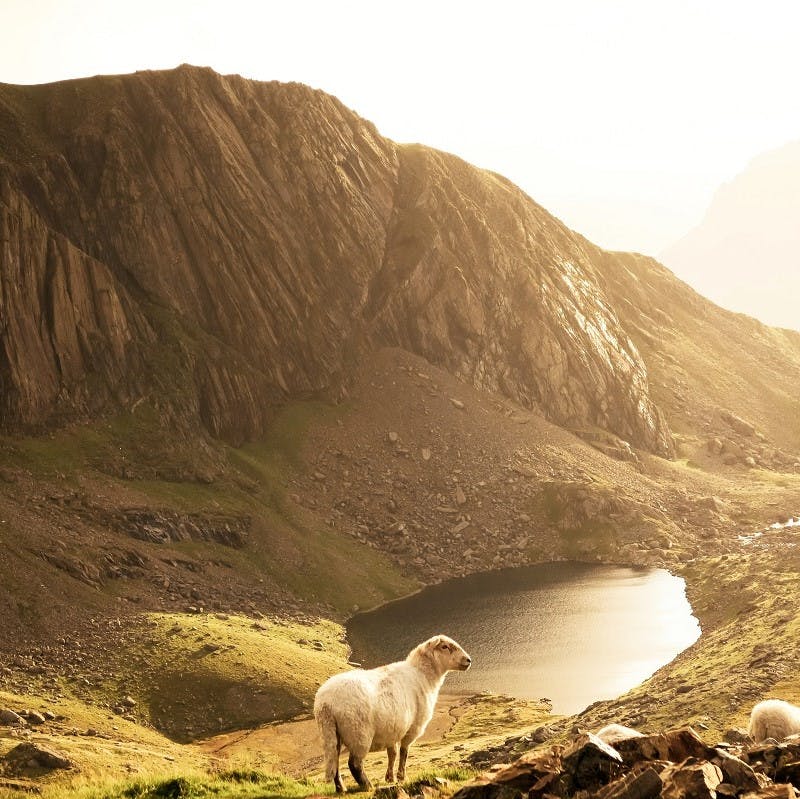
Rewilding or Conservation?
Rewilding is the restoration of significant areas of land (and sea) in which natural processes are left to shape ecosystems on their own, without human interference. The goal of rewilding is not to reach a predetermined endpoint or ideal ecosystem. George Monbiot contrasts this with the traditional conservation approach, which, according to him, simply keeps the land in a state of heavily managed degradation. He argues that this is partly because we have a false idea of what nature should look like, one that is based on a memory of what these habitats were like in our youth (‘shifting baseline syndrome').
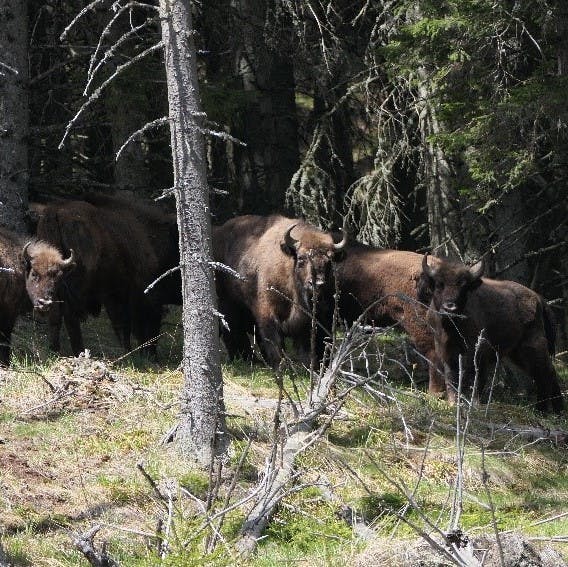

Take action now
Do you want to have a direct impact on climate change? Sir David Attenborough said the best thing we can do is to rewild the planet. So we run reforestation and rewilding programs across the globe to restore wild ecosystems and capture carbon.
Get involved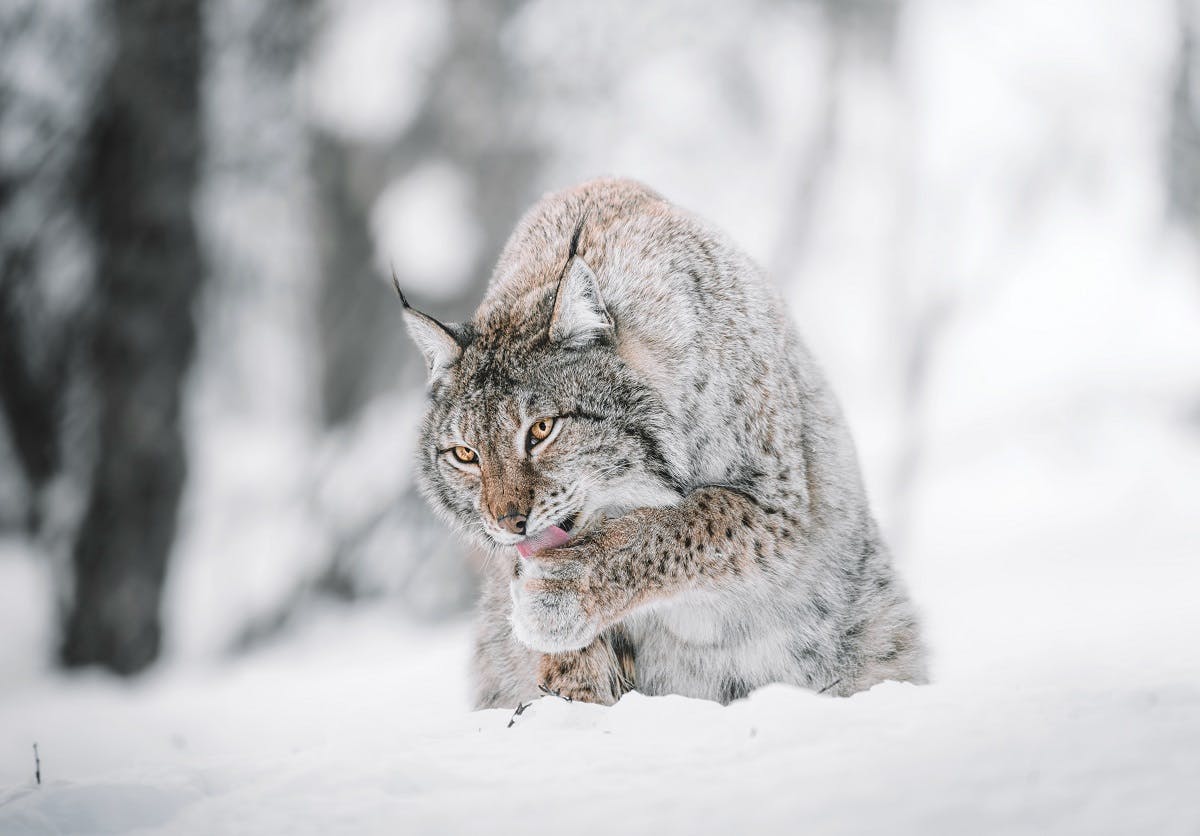
Positive Environmentalism
George Monbiot presents numerous examples of how we have decimated ecosystems across the globe. He comes across a "pocket of canopied jungle" near his home in Wales, a remnant of the once thriving Atlantic rainforest, now a treeless desert. But Feral is, above all, a work of hope, one that aims to promote a positive kind of environmentalism. Monbiot presents his vision in the context of major rewilding initiatives. Reading these stories, we’re filled with a sense of hope and wonder at what could be. He talks about the ambitious work being carried out in Scotland and the positive ecological changes brought about in Yellowstone by the reintroduction of wolves.
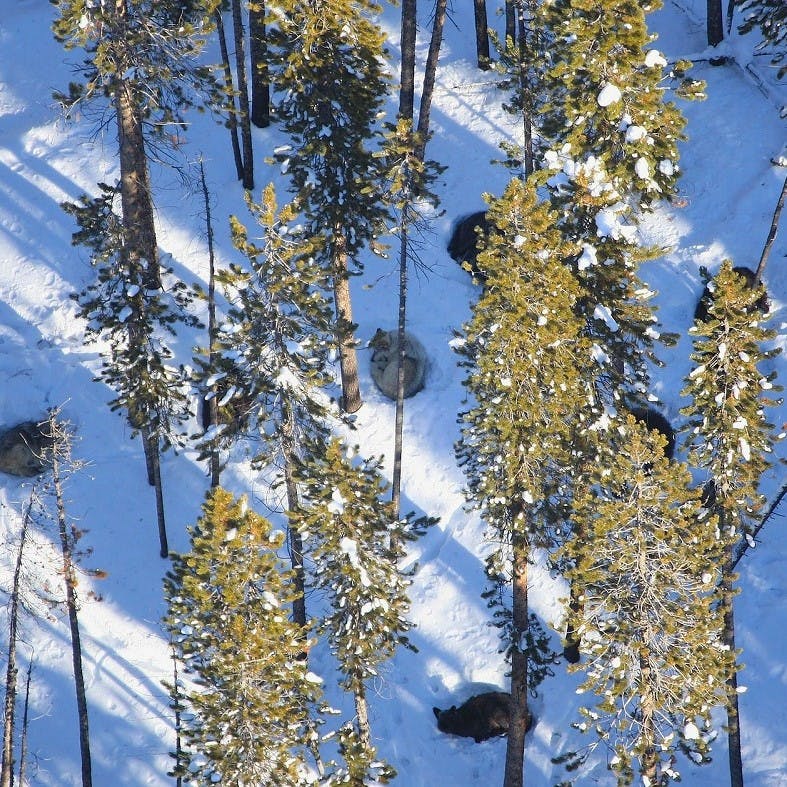
Ecological Boredom
One of the more unusual ideas in the book is the concept of 'ecological boredom'. George Monbiot argues that, since many of us are isolated from the excitement and danger of the wild, we aren’t challenged in ways that require us to use the emotions and instincts that were integral to keeping us alive during our evolution. He cites the number of sightings of big cats in the UK as evidence. “As our lives have become tamer and more predictable, as the abundance and diversity of nature have declined, as our physical challenges have diminished to the point at which the greatest trial of strength and ingenuity we face is opening a badly designed packet of nuts, could these imaginary creatures have brought us something we miss?”. One of the benefits of rewilding, according to Monbiot, is the opportunity to step back into a world that is raw, exciting and thrilling.
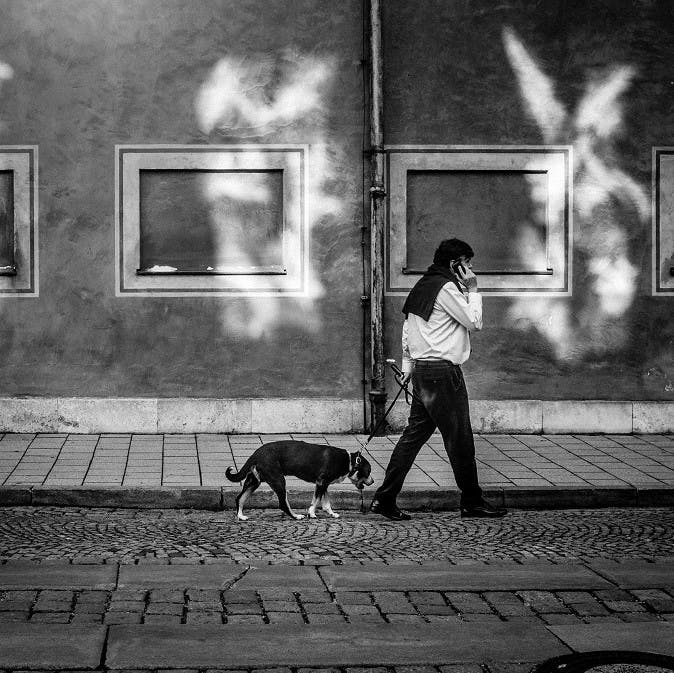
A Look to the Future
A review of George Monbiot's Feral: Rewilding the Land, Sea and Human Life does not come without controversy, not least because rewilding itself is a controversial topic. Perhaps the biggest issue many have with Feral is that its emotive language regarding farming and other land use could alienate important stakeholders who are integral to the success of the rewilding movement. Nevertheless, Feral makes a thought-provoking and emotive case for rewilding that is sure to get people thinking differently and asking questions about our relationship with the natural world. It leaves you with a sense of wonder at the possibility of a world in which nature is left to take care of itself.
If you're looking to learn more about rewilding, we recommend you checking out our What is Rewilding?, Trophic Cascades & The Unexpected Effects and Reasons for Rewilding articles too
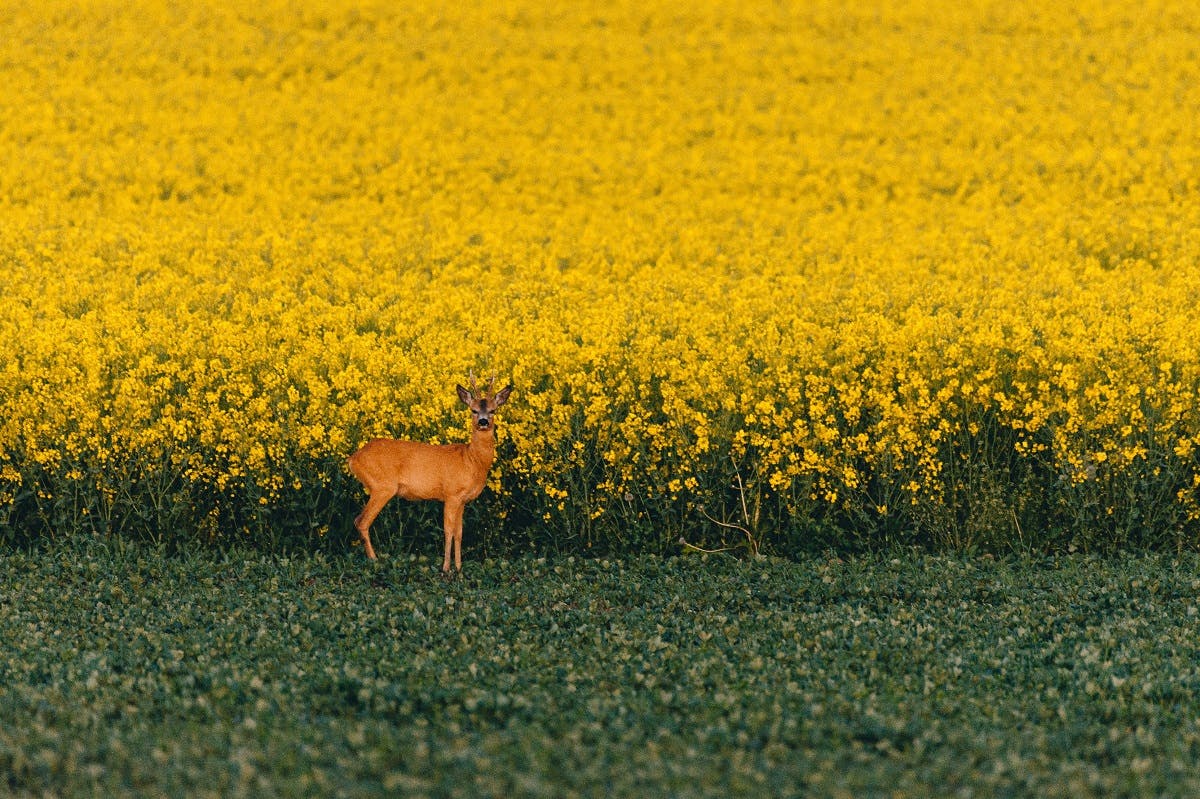
Glossary of terms
Biosphere: Also referred to as the “zone of life”, it is all of the factors that give rise to life, from the air and soil, to the living organisms. The order of levels are as follows: Biosphere, Biome, Ecosystem, Community, Population. Organism.
Ecosystem: A community of biological organisms such as animals, plants, fungi and how they interact with one other and the environment they live in. An ecosystem has biological, physical and chemical components and come in endless forms.
Shifting Baseline Syndrome: It is a theory which, although is still being investigated by researchers, highlights a tremendously negative phenomena, where our perceived idea of what nature should look like, is fundamentally incorrect, due to its very gradual disappearance and alteration. It suggests that there are several factors involved that strengthen our own misconceptions on the state of nature.
Landscape Degradation: Often as a result of improper land use and bad practices such as deforestation, and intensive agriculture, but can also occur naturally. We can see the quality of the landscape and its environmental or economic benefit, greatly deteriorated. The effects can be enormously damaging and give rise to serious problems.
Sources & further reading

- “Feral: Searching for Enchantment on the Frontiers of Rewilding” - George Monbiot
- “Opinion: Our Ecological Boredom” - The New York Times
